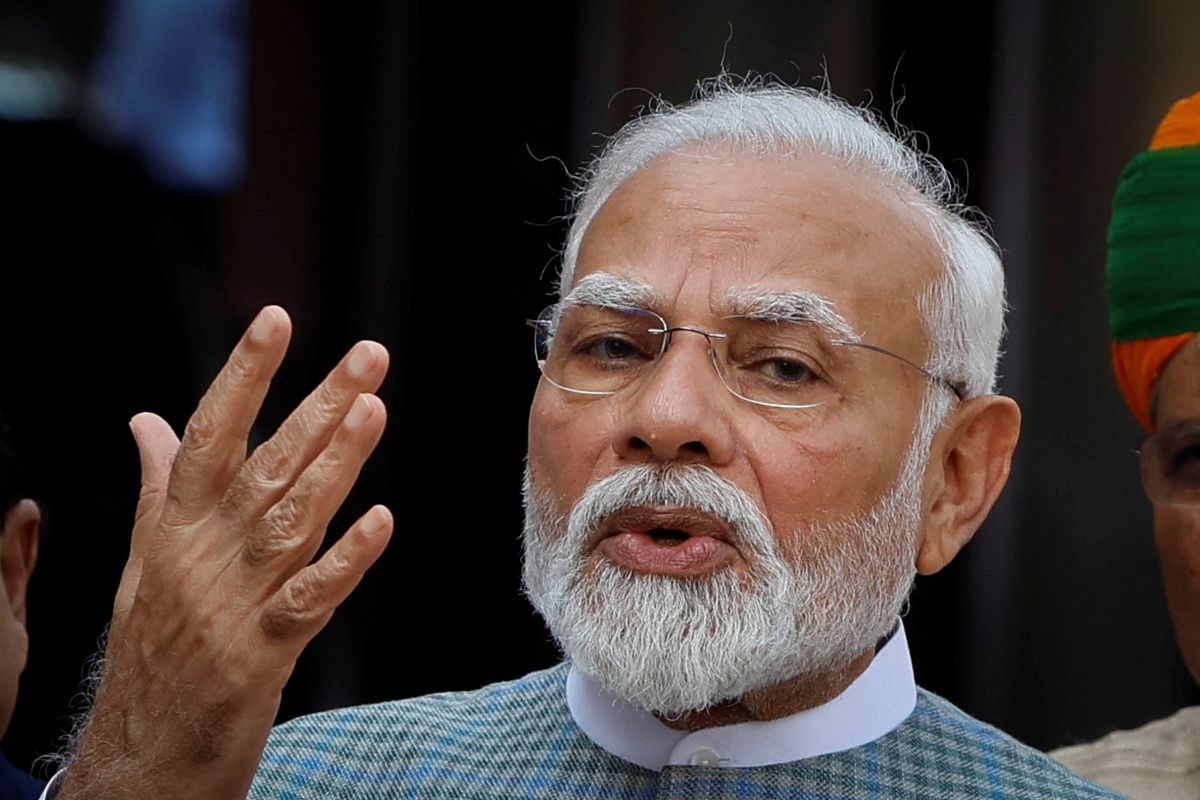On Monday, India opened its first special session of parliament since 2017, and expectations are rising that Prime Minister Narendra Modi will use the short session to make an historic – and maybe controversial -- announcement.
There’s precedent for that assumption. Six years ago, Modi used a special session to roll out a nationwide goods and services tax to help centralize India’s economy. The resulting process didn’t run smoothly, but many analysts now credit the move with sharply boosting internal trade across India, strengthening India’s overall economic performance.
What might this year’s announcement be? The most intense speculation centers on three possibilities.
First, that Modi will change India’s international name to “Bharat”, a controversial switch away from the English name to its Sanskrit and Hindi one.
Second, that the government may announce that a third of its parliamentary seats will be reserved for women.
And third, that Modi may try to amend the country’s constitution to align the calendar for federal and state elections. That move, say Modi’s critics, would give his nationally-ruling BJP more momentum to overcome opposition parties, which continue to dominate in India’s wealthier southern states.






